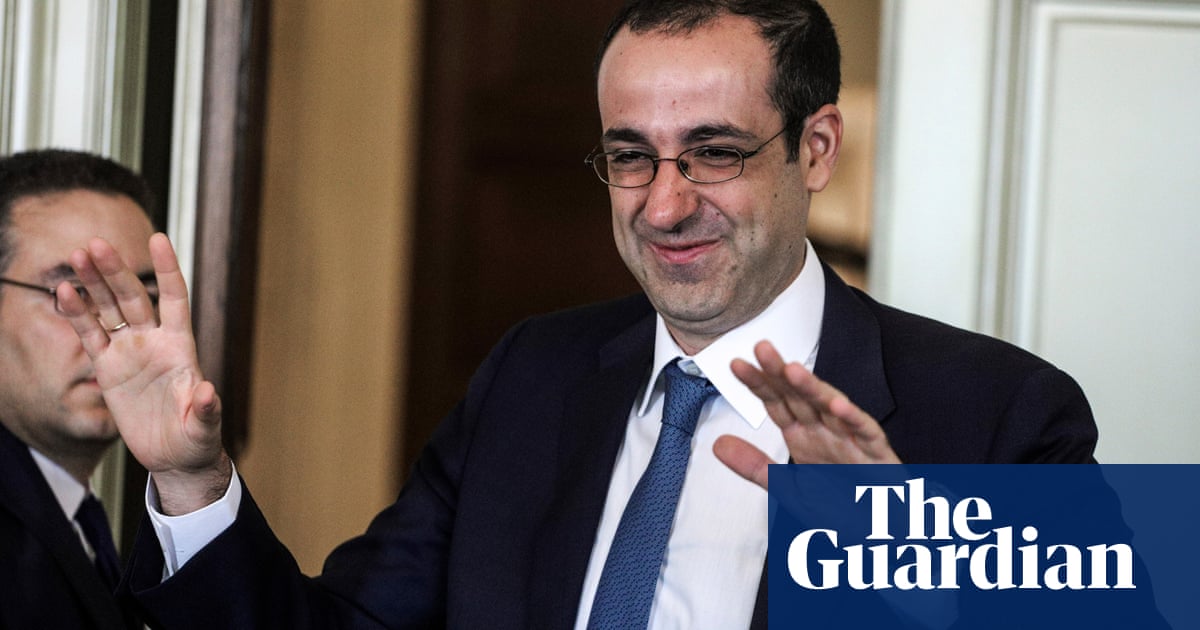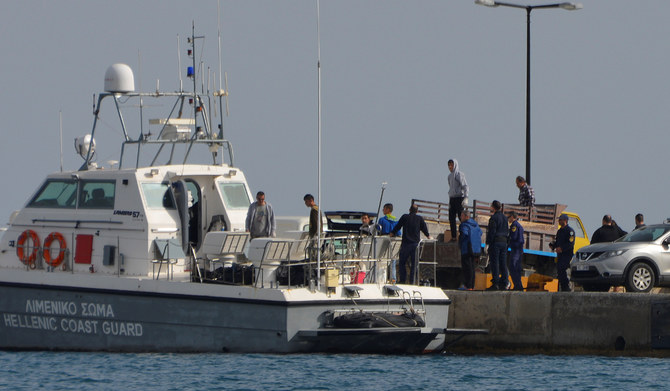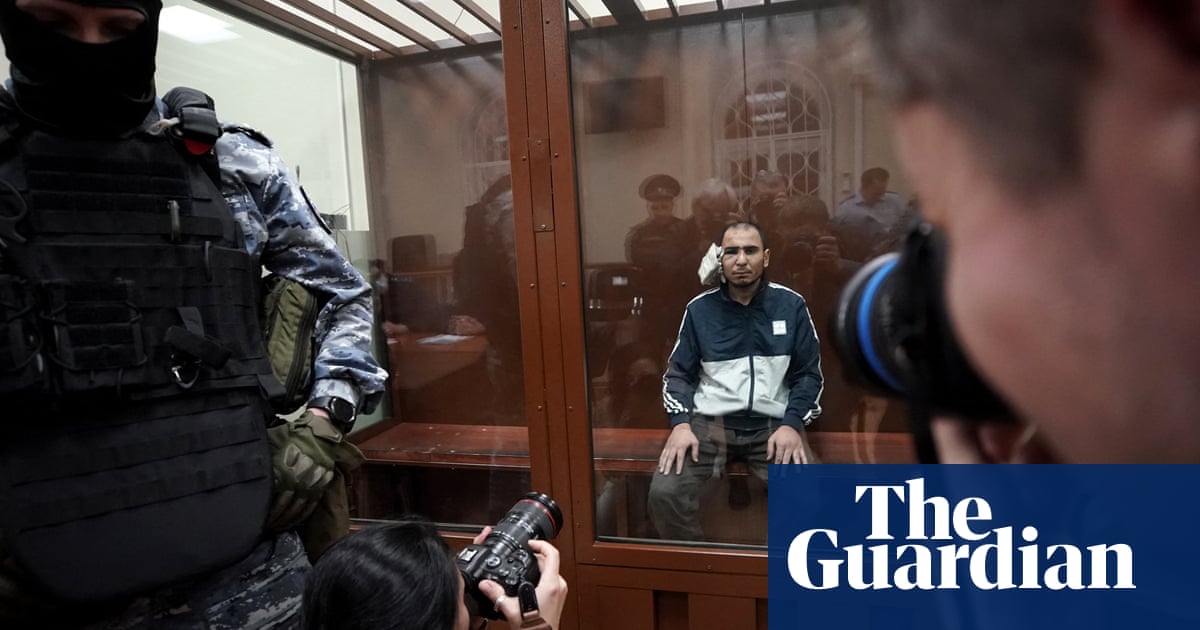
Journalists and media outlets who revealed a wiretapping scandal that rocked Greece’s centre-right government have appeared in court on charges of defamation, in what many have described as a critical day for press freedom in Greece.
The lawsuit, which came after media revelations that the phones of politicians, businessmen and media figures were being tapped, was filed by the nephew of prime minister Kyriakos Mitsotakis who, as the leader’s chief of staff, had been in charge of the country’s secret service.
In a move described as “disgraceful” by press freedom groups, Grigoris Dimitriadis launched the legal action a day before being fired after the spyware scandal came to light in August 2022.
As proceedings unfolded on Thursday at the Athens court of first instance, protesters chanted in solidarity and scores of reporters filled the chamber. The International Press Institute (IPI) and other organisations called the legal action “a startling example of a strategic lawsuit against public participation (Slapp), and an attempt to muzzle investigative reporting on a matter of significant public interest.”
Testifying before the panel of judges, Nikos Alivizatos, a leading expert in constitutional law, underscored the case’s significance for human rights and the rule of law. “Even the prime minister himself has called this affair a shadow over our government,” he said, referring to the revelations which caused unease in the EU.
Dimitriadis, who did not appear in court, filed the lawsuit against the leftwing Efsyn newspaper, the online network of investigative journalism Reporters United, and three journalists, including Thanasis Koukakis who has long reported on the Greek banking and business sectors.
Dimitriadis has demanded €550,000 (£426,000) in damages and the withdrawal of media coverage implicating him in the scandal. The defendants deny the charge.
The defendants played a key role in exposing what has come to be dubbed Greece’s Watergate, with press censorship organisations saying the case highlights the EU member state’s deteriorating media freedom.
The country’s standing in press freedom rankings has fallen to the lowest in the EU. A European Commission fact-finding mission recently cited weak press regulations, self-censorship and a noticeable absence of pluralism in a nation where government-friendly plutocrats traditionally own media outlets as severely compromising press independence.
Although lauded for his reformist policies and handling of the Greek economy, Mitsotakis has been criticised for what is viewed as a concerted effort to “control the message” through choreographing press coverage.
One of the prime minister’s first moves on assuming power in 2019 was to bring EYP under the purview of his office. Phone-tapping victims included Nikos Androulakis, the socialist Pasok party leader. When the disclosures came to light, the ex premier Alexis Tsipras, then the main opposition leader, described them as “the deepest deviation from rule of law that the country has seen in its modern history”.
Before Thursday’s hearing, the IPI called on Dimitriadis to drop the defamation case, expressing alarm that he had filed two other lawsuits, including a second legal action against the same plaintiffs. In that lawsuit, launched two months ago, he claimed damages of €3.3m and also demanded that reports of his alleged links to the spy scandal be removed.
The court is expected to deliver its verdict in the coming months.












